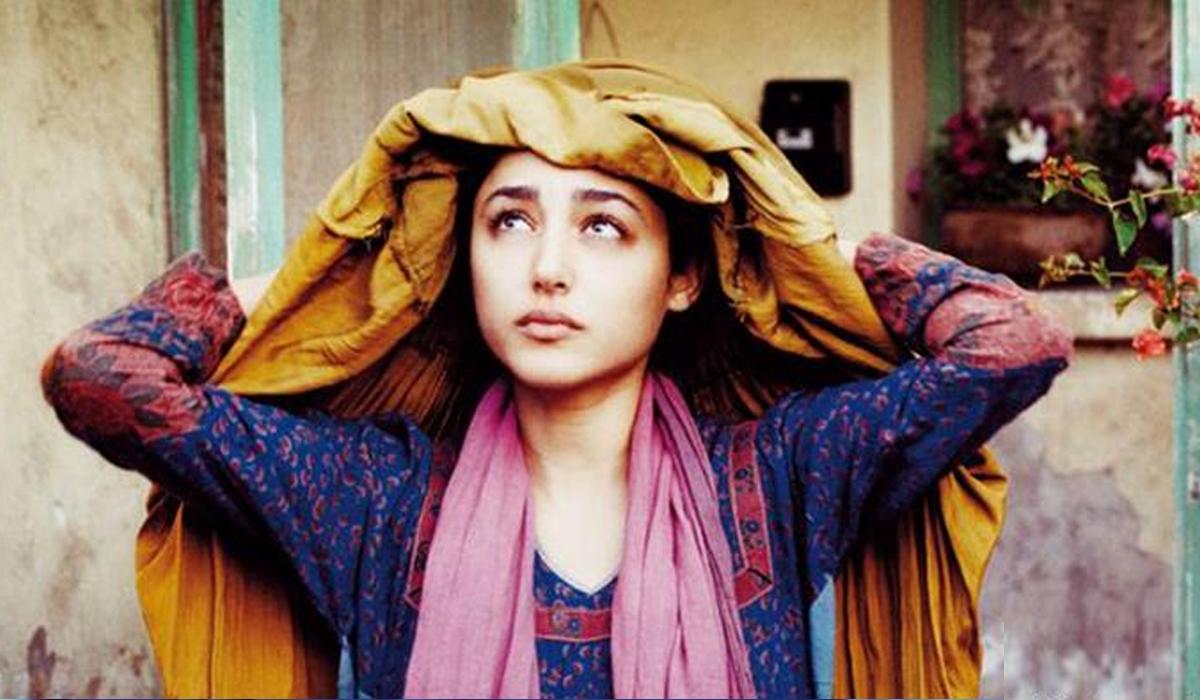When I was in university, I participated in a cultural day celebration which involved me dancing in front of my varsity fellows and teachers—all women. The official campus photographer, who often took pictures of our university’s events, came to the program and took what my classmates told me were “inappropriate” photos of me from odd angles. When I complained about it to my department’s seniors and professors, these were their reactions:
My ‘feminist’ English professor told me,“If you willingly go to put yourself out there and perform like that in public, you have to be ready for such things to happen.”
My senior, a year older than me and also studying feminism and gender studies, said, “Why did you wear such short clothes? You girls just want to show off your body.”
Needless to say, I wasn’t provided with any help from the officials and seniors, and I still have no idea what the man did with my photos.

But I learnt one thing that day, begrudgingly, and I wish I hadn’t: I, as a woman, will always be blamed for what men do to me.
“Dasi photos di wali upload kawal?” Well, because women have the right to expression
If the recent Waziristan “honour killing” incident, involving murder of two girls over leaked mobile video proves anything, it is that in the end, people blame the victim for everything.
Women so much as post a selfie on their Facebook or Instagram, even fully-clad, and it’s labelled as an invitation for male attention. What if she simply wants to take a photo of herself to represent herself online just like men do? Why is women posting photos online and wearing “short” clothes always deemed provocative and an invitation for male attention? Or are women asking for it by simply existing?

If a man posts his photos online, it is not an invitation for me to sexually assault him or shame him. It’s him represeting himself online and is never seen like anything odd. Further, if his ‘inappropriate’ photos are leaked for some reason, I should have enough respect for his bodily autonomy to not share it with my friends. I, as a woman, would never think of it as him “asking for it.”
So why, when a woman does the same thing, is the reaction different? Why were two girls killed in Waziristan because their videos were circulating online? Is it because men in our society are allowed to be predatory? Do we just assume men’s predatory behaviour is testosterone-fuelled and “they just can’t help it?” Isn’t the whole point of being a human being with a brain that we have evolved past beastly tendencies?
There is no education on sexual awareness in our schools, but plenty on slut-shaming
There is strict policing of girls that schools enforce, regarding the length of their shirts, no makeup, and in the case of my school, even tying hair in plaits instead of ponytails so that “boys can’t grab them.” In fact, one school in Mardan even ‘eforced’ wearing of shuttlecock burqas on minor female students to avoid harassments.
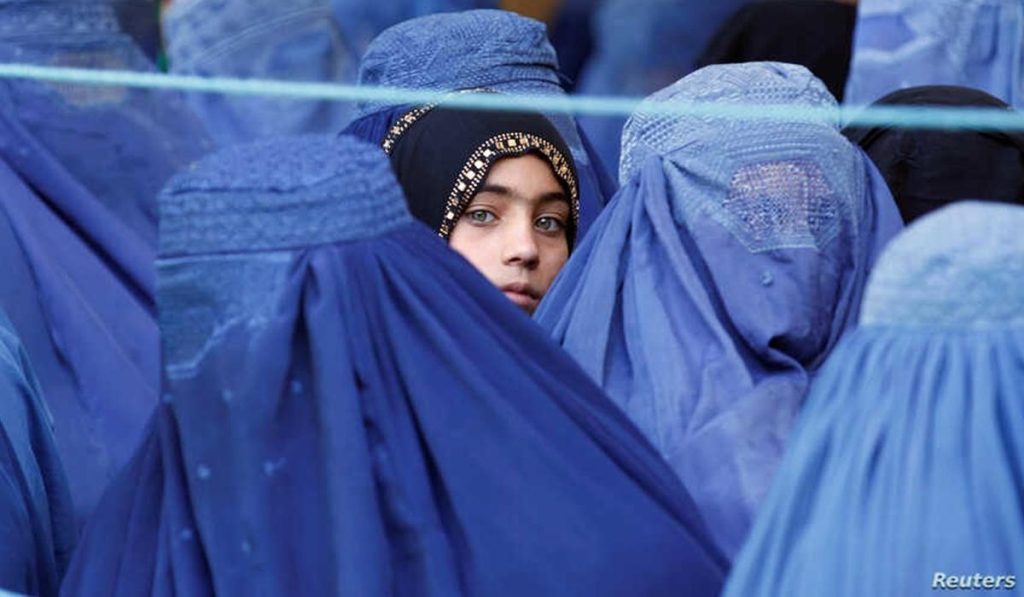
But are the boys in other schools given lessons in gender sensitivity and sexual etiquette? Clearly not. So, in a way the schools strengthen the victim-blaming attitude.
Schools, colleges, and parents need to punish boys instead of curbing women’s freedom
Our conservative society’s knee-jerk reaction to an incident where a woman is harmed is “Da da kor na bahar wali pregdai.” When something like this happens to a young girl, her parents take away her right to education, liberty to go outside and even take her phone away.
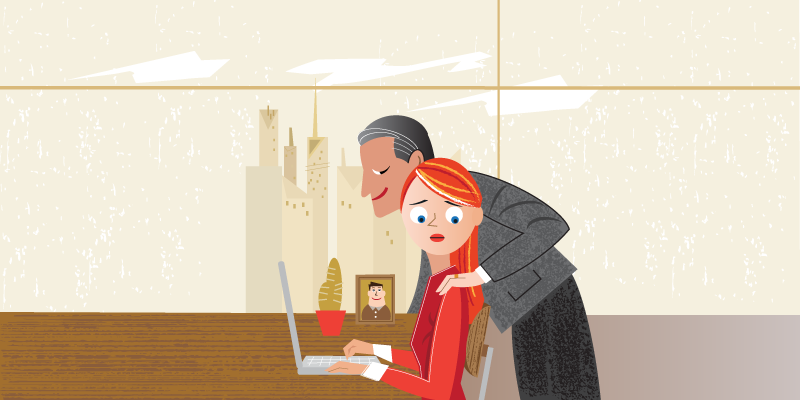
And it just doesn’t end here. What women post on social media, what interests we have, what we wear—all of that is scrutinised. The in-your-face victim-blaming in “What was she wearing,” or “Khazi di bazarono ta na ozi kana” curbs women’s freedom while enabling men to continue their bad behaviour.
This behaviour needs to stop, and our educational institutions are complicit in enabling it. Our schools and colleges don’t reprimand male students for harassment.
If “men will be men”, why are young girls clearly “asking for it” by simply being themselves?
When it comes to schooling about sexuality, we admonish teenage girls for the same thing that we let go too far into perversion territory for young boys. Our skewed attitude lets boys get away with sexual abuse, assault and even murder, while telling girls that every action of theirs is potentially criminal and that they should be more careful.
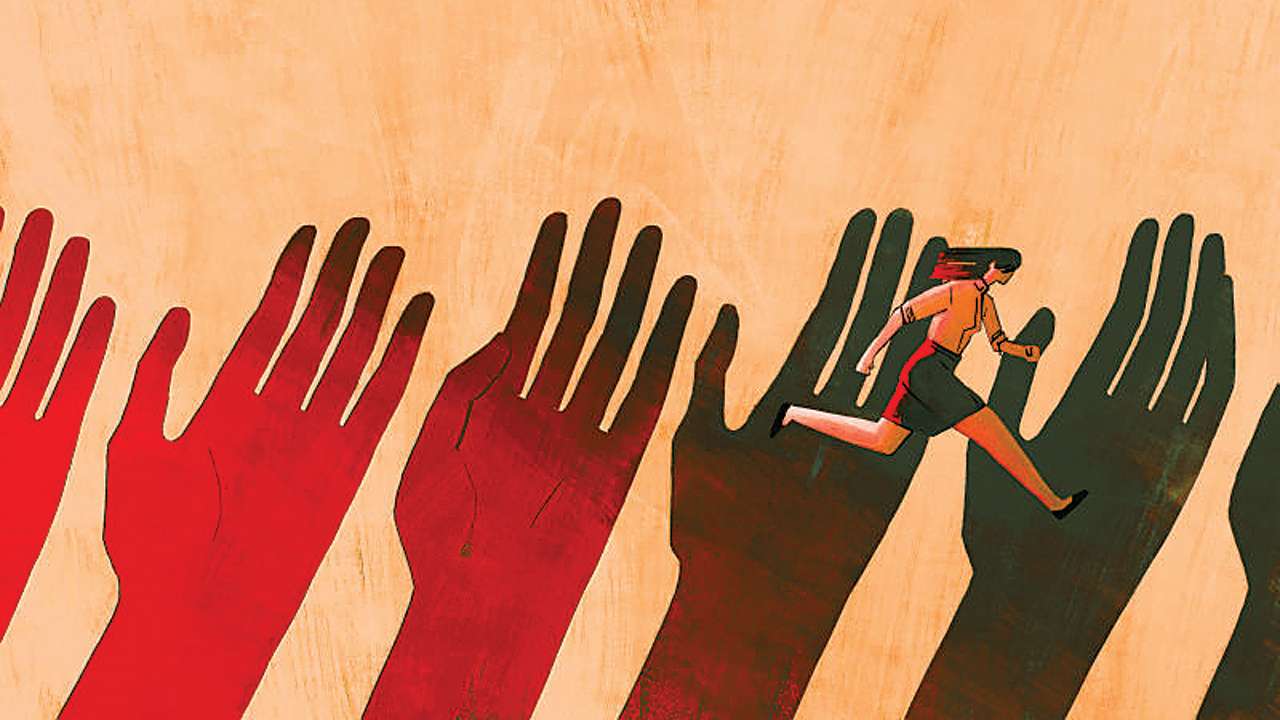
Why can’t a teenage girl wear any dress she like wihout having to worried about “khalak ba sa wai?”. Why can’t our girls post their favorite photos online without being slut-shamed?
Our society (which is called a patriarchal one for a reason) is structured such that women are put in a lose-lose situation just by being women, and men are in a win-win just by virtue of being men.
The headline of of a news is always “a woman gets raped,” implying that it’s her fault, and she had a passive role to play in it.
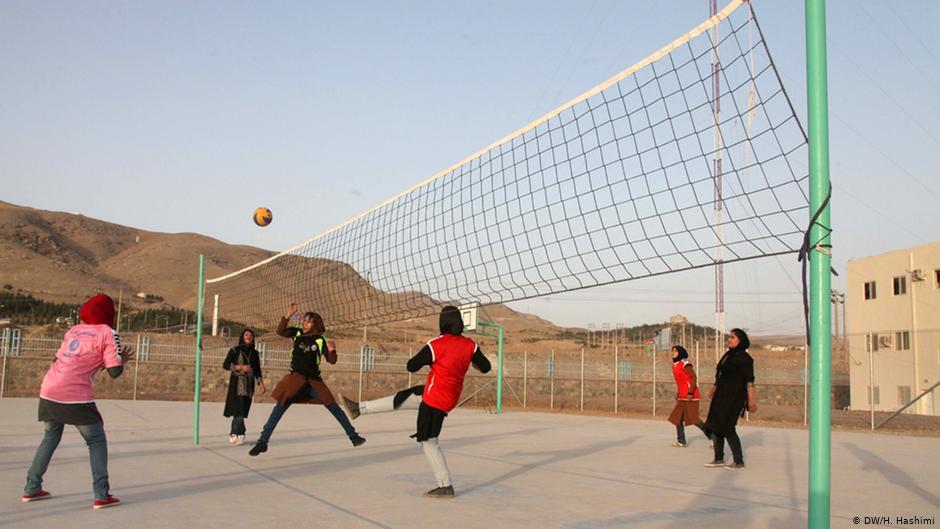
But what about the man who raped her? Nah, we always find a way to prove him innocent, or the victim. “She lured him into it.” “He’s from a good family.” “What are boys supposed to do if girls dress like that?”
It’s almost like bad behaviour on a man’s part is normalised, and that it’s up to the women they wrong to prevent it. Even reactions like “Didn’t his mother teach him anything?” reeks of the same sexism that holds women accountable for men’s mistakes,to let the boys go scot-free.
Influencers as well as “regular women” like us face this all the time. But that doesn’t mean we should be scared of posting
What we wear and how we present ourselves, is ultimately about our self-expression. The exhausting task of racing to change ourselves according to society is an impossible one when the cards are stacked against us. So why do it? We as women cannot stop living, or hide our ourselves for fear of being raped.
In the end, it’s not on us, and it’s not our fault. Rape is caused by rapists, not by short clothes and selfies.
Note: All images representational.
Lead and Social Image Credits: DW and Rapid Eyes Movies


